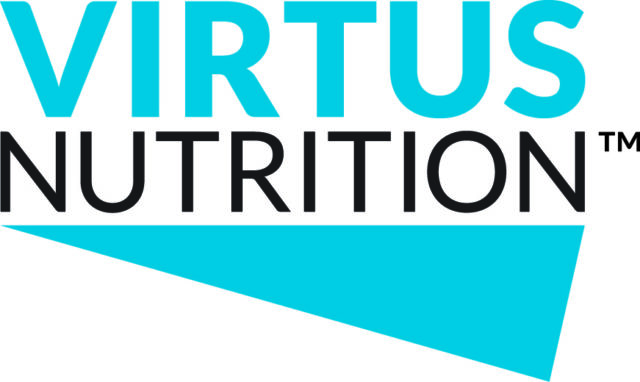The booming popularity of Greek yogurt has increased the demand for milk in some parts of the country, as new yogurt plants spring up. (Click here to read about the opening of one of these plants.) Soon, the USDA will be contributing to growing consumption of the product, by including Greek yogurt in school meal programs.
The National Greek Yogurt Pilot Program is a part of the National School Lunch Program for the 2013 – 2014 school year. The USDA announced in January that it would begin the pilot program to test the cost-effectiveness of including Greek yogurt in school meal programs, according to CNN.
The USDA has opened a solicitation to vendors to supply the states’ orders. Bids are due on July 22, with awards to be announced by the end of July.
Arizona, Idaho, New York and Tennessee will be the first four states to participate in the project. If the program is found to be successful there, it could become a permanent part of the foods that USDA offers to purchase for USDA Foods List for schools nationwide.
Legislators in those states have expressed enthusiasm for the pilot project.
According to a CNN article , New York governor Andrew Cuomo was particularly happy that his state, the largest producer of yogurt in the nation in 2012, had been chosen as part of the pilot.
“It is a win-win for the state, exposing our students to a nutritional product and expanding the marketplace for Greek yogurt producers and suppliers in New York State.”
KIVI TV reported that Idaho Senator Mike Crapo has commended the USDA for implementing the program:
“Greek yogurt is one of the country’s fastest growing industries, and I hope USDA will continue the important process of making this healthy food option increasingly available to young Americans.
"Idaho, already a leading producer of milk and other yogurt-related ingredients, recently became home to the world’s largest Greek yogurt manufacturing plant in Twin Falls, which I recently had the opportunity to tour. Our state is ideal to serve as a part of this pilot project.”
The CNN article pointed out that alarms have been raised about byproduct disposal, claiming that the surplus of acid whey could be dangerous to waterways. John Lucey, director of the Wisconsin Center for Dairy Research, told CNN that the concerns were “a complete red herring, a non-issue.” PD
—Compiled from various sources



